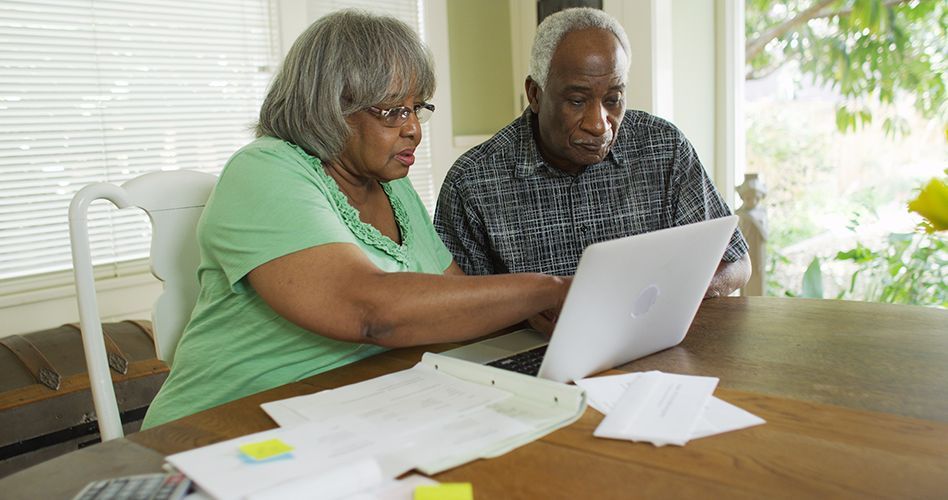4 Things You Can Do to Sleep Better After Losing a Loved One
When someone close to you dies, looking after yourself becomes one of the most important elements of healing. As you have probably discovered, the stress of losing a loved one takes a huge toll on your body and mind. Sleep deprivation is a particularly common experience and can really compromise your ability to make difficult decisions and cope with troubling emotions. Fortunately, the following sleep-enhancing strategies may help you rest more soundly and feel a little better during the day.
1. Use Relaxation Techniques to Ease Your Mind
First of all, try to make it your goal to relax rather than to sleep. Participating in a nightly
sleep ritual can help to cue your body to slip into sleep more easily. Generally, an effective bedtime routine involves relaxing activities that make you feel calm and content. This could involve quiet meditation, gentle yoga, a hot bath, or sipping tea while reading a good book. During this time, avoid
stimulating activities like exercising, watching TV, or getting work done.
Sleep technology can make it easier to reach a state of deep relaxation before bed. For example, some alarm clocks emit calming lights and sounds to induce sleep, while smart beds can be programmed to keep you cool and comfortable. Sleep trackers can help you discover behavioral patterns preventing you from getting quality sleep. However, sleep tracking and brainwave-sensing gadgets tend to be slightly inaccurate and may be more
gimmick than helpful. Simply keeping track of your bedtime habits on a piece of paper, and noting how you feel each morning, might be just as effective.
2. Turn Your Bedroom into a Sleep Haven
After the loss of a spouse, being in the bedroom can worsen feelings of sadness and loneliness.
The Adventurous Writer recommends rearranging the furniture in your bedroom and redecorating to add pleasant objects that make you feel calm. Even the colors of your
bedroom walls can influence how you sleep. Try repainting these with calming earth tones and muted shades of blue. Just make sure you avoid bright colors, since these can make you feel stimulated. Also, if your bed is over 10 years old, it might be time to invest in a
new mattress for greater comfort. While mattress shopping, focus on support and proper spinal alignment to prevent long-term back problems.
3. Try to Exercise Every Day
Getting moving during the day is one of the best ways to promote better quality sleep at night. According to
CP Slippers , exercise combats stress and burns energy, reducing feelings of restlessness and decreasing the time it takes to fall asleep. Plus, physical activity can help you cope with grief during the day, thanks to its role in assisting mood control. Try different
exercises until you find one that makes you feel good. This could mean sweating out some of
your anger through a long run or tapping into a meditative state at a yoga class.
4. Avoid Nighttime Snacking
Even if we think we are ready for sleep, our bodies really have the final say. The body is particularly sensitive to what's going on in the stomach—which is why our nighttime food choices can impact how quickly we get to sleep and how restorative that sleep is.
Try to avoid snacking late into the evening. Foods high in fat, sugar, and carbs are particularly detrimental to a healthy sleep. Dark chocolate, spicy foods, and coffee have stimulating effects that prevent the body from winding down, while alcohol stops your body from reaching restorative levels of deep sleep. If you tend to get hungry before bed, just eat some fresh fruit. The trauma of loss comes with many complex emotions. No one can prepare you for how your own body will react or which actions you can take to feel better. This is something you must discover for yourself. Hopefully, these tips can provide some sense of relief from sleeplessness so you can manage your grief a little bit easier.










